Helping young men in prison sparked this Kaiser Permanente researcher’s career studying substance use, policy
Kelly Young-Wolff, PhD, MPH, had just started college when she found herself visiting San Quentin Prison, tutoring young men who were facing long sentences for non-violent drug offenses. Later she worked with people being treated for substance use problems, many of whom struggled with the urge to continue using, despite the negative impacts on their lives.
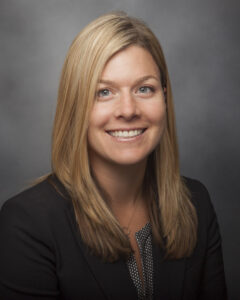
Young-Wolff is now a licensed clinical psychologist and Kaiser Permanente Division of Research investigator, and she credits those early experiences with setting her on a path to understand substance use, its health effects, and how public policy can better address these problems.
A California native, Young-Wolff grew up in Santa Monica, attended UC Berkeley for undergraduate education, and earned a PhD and master’s in public health from the University of Southern California. She journeyed briefly to the East Coast for a clinical psychology fellowship at Yale before returning to Northern California for a 2-year post-doc position at Stanford. She joined the Division of Research in 2014.
Young-Wolff answered a few of our questions about her research journey.
How did you decide to become a researcher?
I was always interested in research even in junior high, when my friend and I did a science fair project where we surveyed people to try to figure out if we could tell their personality from their birth order. I also have several family members who are clinical psychologists, so I think that’s why I majored in psychology, and went on to get a PhD. I really love working with patients and my clinical experience has helped guide my research questions.
A few experiences in my education and training led to my interest in understanding the social and policy factors that impact the development of substance use problems. For instance, as a freshman at UC Berkeley, I took a course that sent undergrads into San Quentin Prison to tutor incarcerated men for their GED. In working with them on their essays, most of which were autobiographical stories, there were recurring themes about their experiences with poverty, addiction, and structural racism. What was particularly striking was that some of the men, not much older than me at that time, had been sentenced to life in prison. So for me, even early on in my education, I wanted to better understand the impacts of policy and racial discrimination on health and addiction.
I hope that my work can help answer the questions that clinicians and patients have about the relative harms of one mode versus another, or use in one trimester versus another.
What research topics do you study, and why?
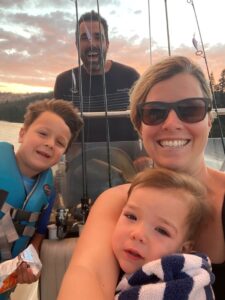
I have worked clinically with a wide range of patients with different substance use problems. I’ve conducted psychiatric assessments in a large women’s jail in Los Angeles, and I’ve led bedside smoking cessation interventions in a cancer hospital and in a psychiatric inpatient unit. I’ve done individual and group therapy in a methadone clinic with patients with chronic pain who were addicted to opioids. These experiences have led to my interest in studying a range of substance use problems in vulnerable populations. When you work with people who are struggling with substance use disorders, you see firsthand how challenging addiction can be, and how powerful it is when someone is able to reduce their substance use or stop altogether.
When I came to the Division of Research, my first grant tracked prenatal cannabis use in the Kaiser Permanente Northern California population. We published our first paper on this topic in JAMA in 2017, where we saw a really striking increase in rates of prenatal cannabis use over time. There were so many unanswered questions about how and why pregnant people use cannabis, and what the potential health implications are. Much of my work since then has focused on answering these questions. Our studies have documented increasing rates and frequency of prenatal cannabis use, along with associations between prenatal cannabis use and depression and anxiety, nausea and vomiting, and proximity to cannabis retailers. In addition, our qualitative studies have helped us to understand how legalization has impacted prenatal cannabis use, and how to support clinicians in having meaningful, patient-centered conversations about cannabis use, from the perspective of our patients.
What projects are you working on now?
I recently received funding to study how modes of cannabis use before and during pregnancy relate to polysubstance use and maternal mental and physical health. My team is also funded to test whether recreational cannabis legislation in California is associated with increased rates of cannabis use and cannabis-related health conditions in adolescents.
In addition, my colleague Lyndsay Avalos and I have 2 grants to understand the health outcomes of prenatal cannabis use on mothers and their children and to study how legalization impacts prenatal cannabis use.
Finally, I am working with colleagues on a grant submission to study how maternal adverse childhood experiences impact the health of pregnant individuals and their offspring, with a focus on the intergenerational cycle of toxic stress and trauma.
What do you hope might result from your work?
Pregnant people are trying to make informed decisions about how to use cannabis during pregnancy. And I hope that my work can help answer the questions that clinicians and patients have about the relative harms of one mode versus another, or use in one trimester versus another. These are some of the real-life questions that patients are asking that go beyond “just don’t use cannabis during pregnancy.”
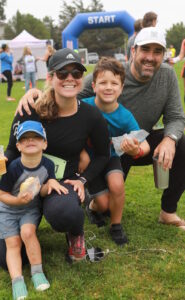 I also hope my work can help inform policy as more states choose to make adult cannabis use legal. I think we can take a lot of what we’ve learned from tobacco and alcohol regulation to develop rules that allow adults who would like to use cannabis to do so, but with protections in place for vulnerable populations like adolescents. I’m excited to be a chapter lead for an upcoming Surgeon General report related to this topic, and a member of a new National Academies of Sciences, Engineering and Medicine committee examining the public health consequences of changes in cannabis regulation.
I also hope my work can help inform policy as more states choose to make adult cannabis use legal. I think we can take a lot of what we’ve learned from tobacco and alcohol regulation to develop rules that allow adults who would like to use cannabis to do so, but with protections in place for vulnerable populations like adolescents. I’m excited to be a chapter lead for an upcoming Surgeon General report related to this topic, and a member of a new National Academies of Sciences, Engineering and Medicine committee examining the public health consequences of changes in cannabis regulation.
We’ve already been able to influence clinical care; my DOR colleague Connie Weisner and I worked with KPNC’s Early Start program leaders to change the prenatal screening questionnaire to add questions about modes of cannabis use, blunt use, and e-cigarette use, and we are beginning to use those data for research. Further, Dr. Carey Watson and I have led a series of pilot studies that incorporated ACEs and resilience screening as part of routine prenatal care. These pilots built a foundation for KPNC to expand ACEs and resilience screening to all pregnant patients as part of standard care in 2021, and I was recently named to the California ACEs Aware Initiative Advisory Committee.
What do you do in your free time?
I spend my free time mostly with my family. My boys are 3 and 7; they are adorable and incredibly high energy and keep me very busy. So a lot of soccer, playing at the park near our house, hiking, lizard catching. We visit family regularly in Sunriver, Oregon for bike riding and swimming. When I have time for myself, I love running, and I just started doing trail races.
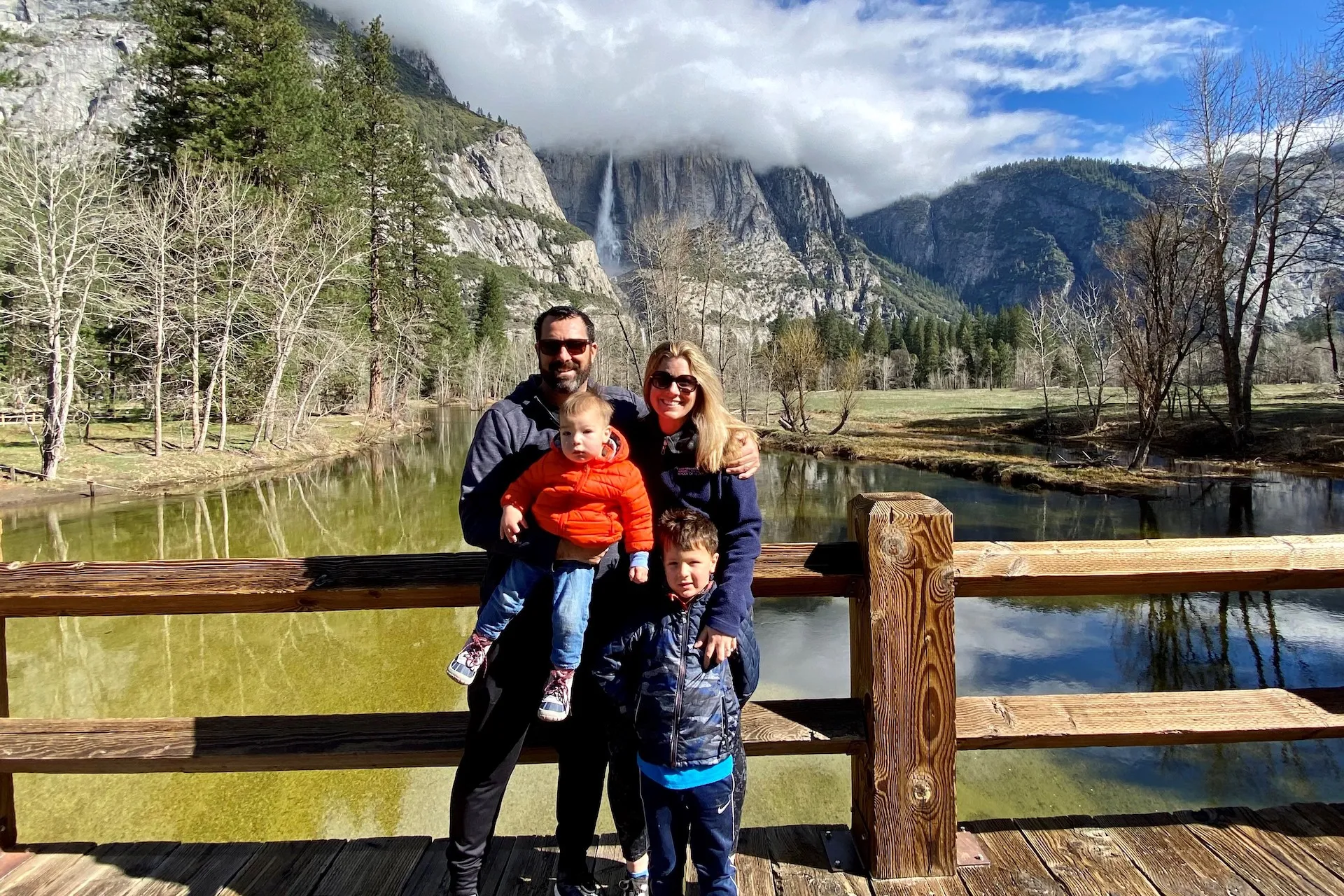
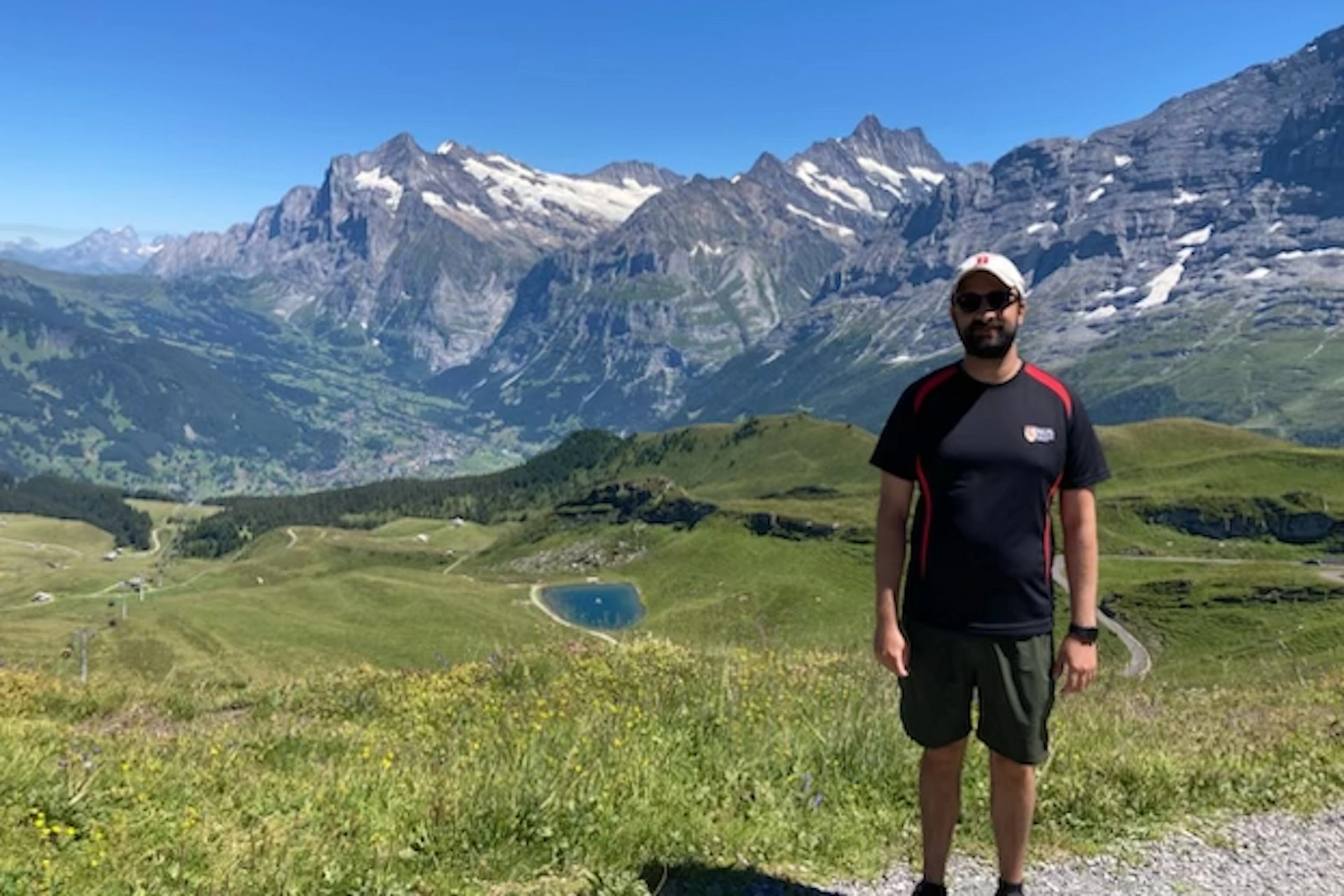
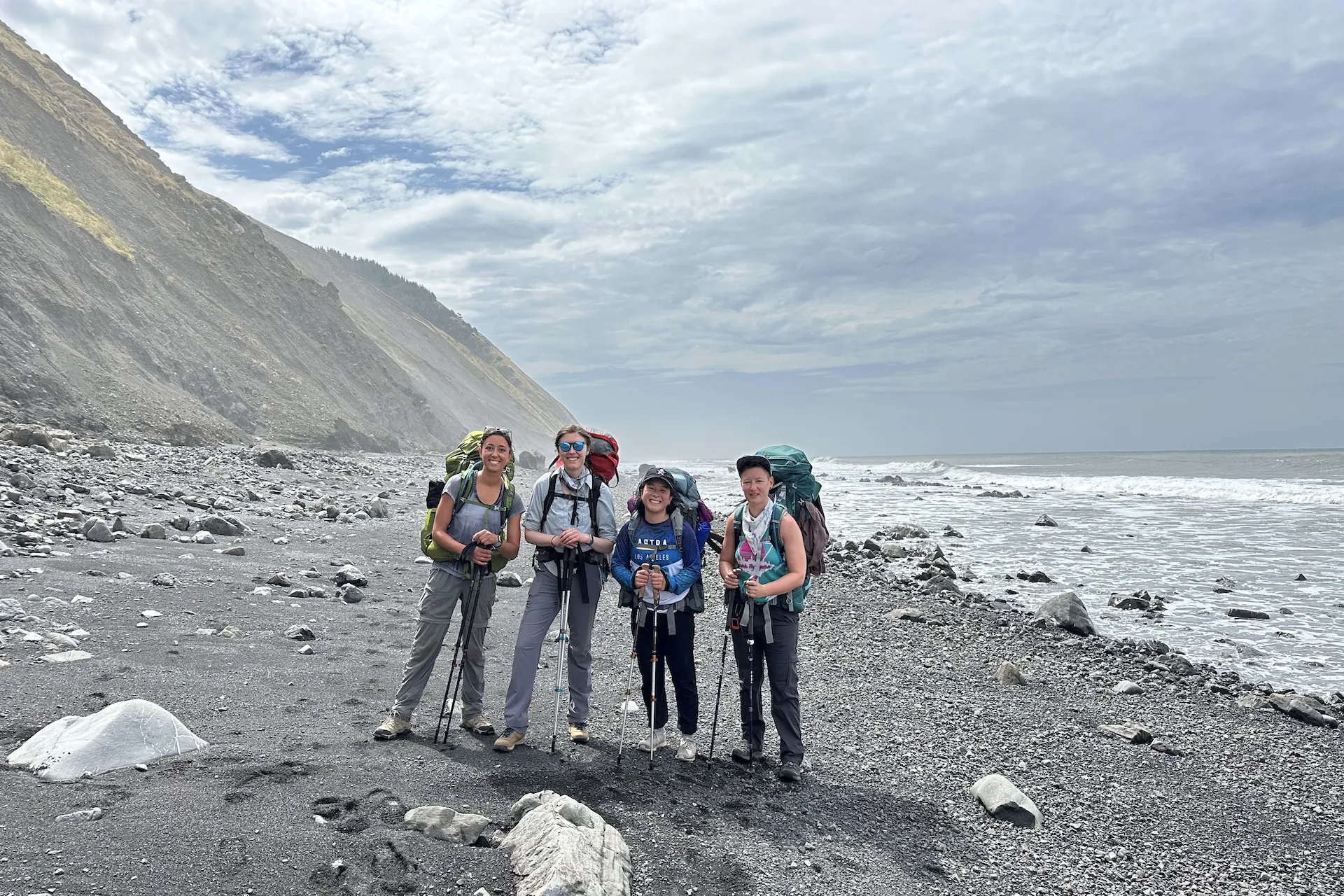
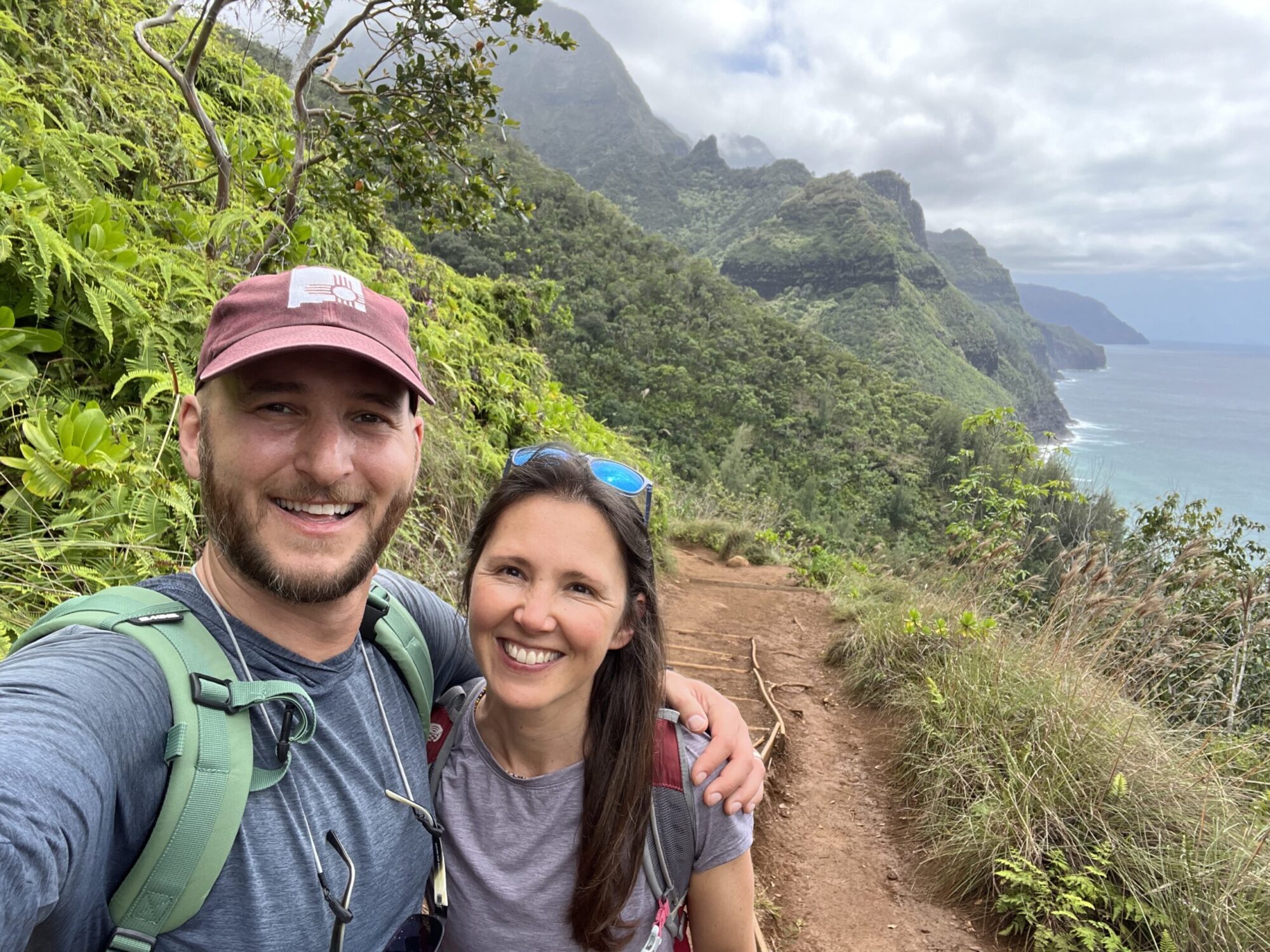
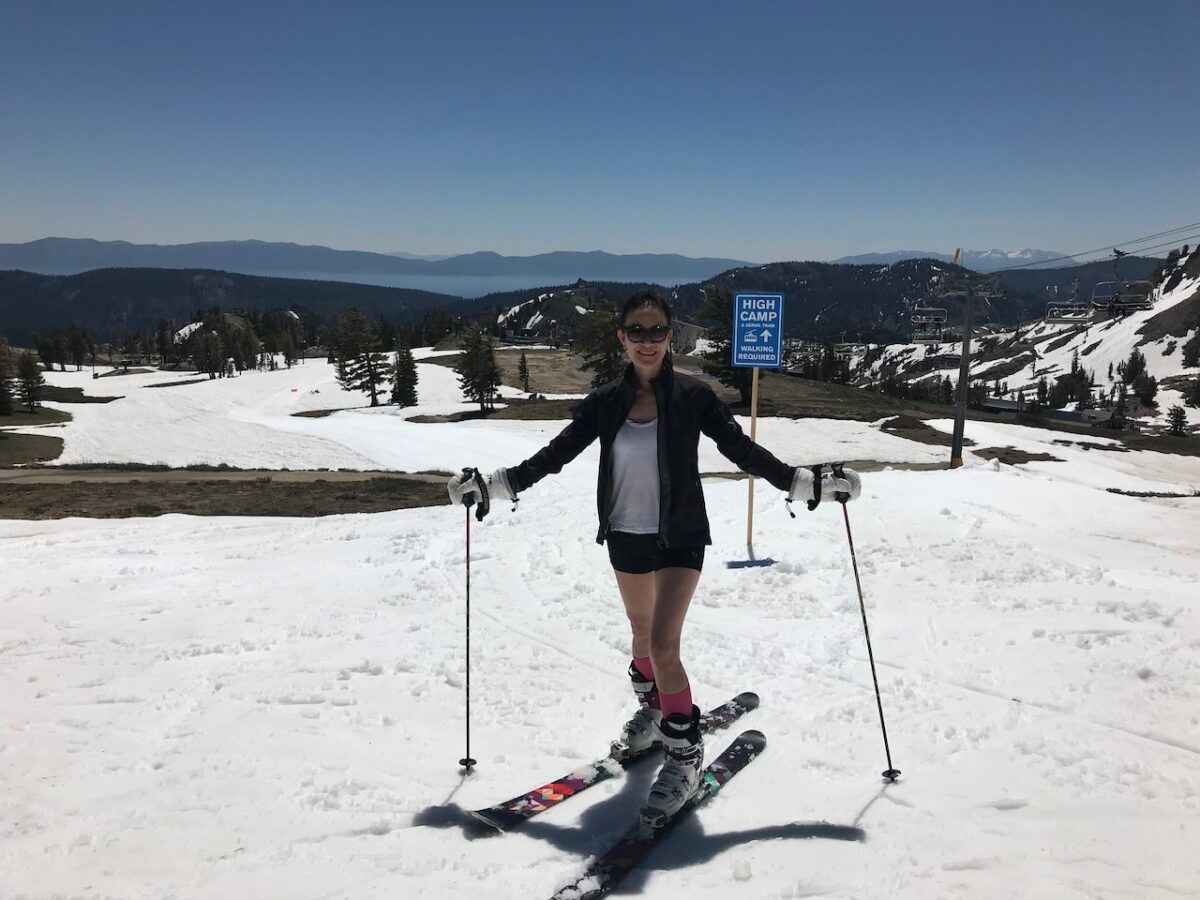
This Post Has 0 Comments